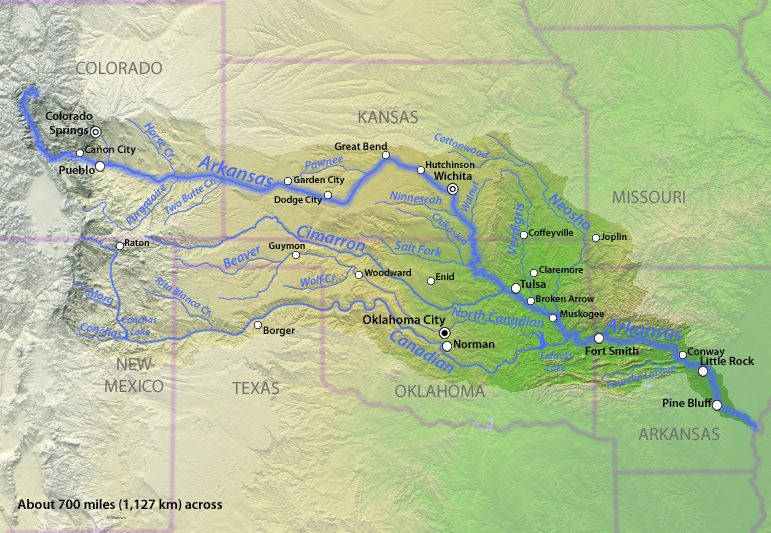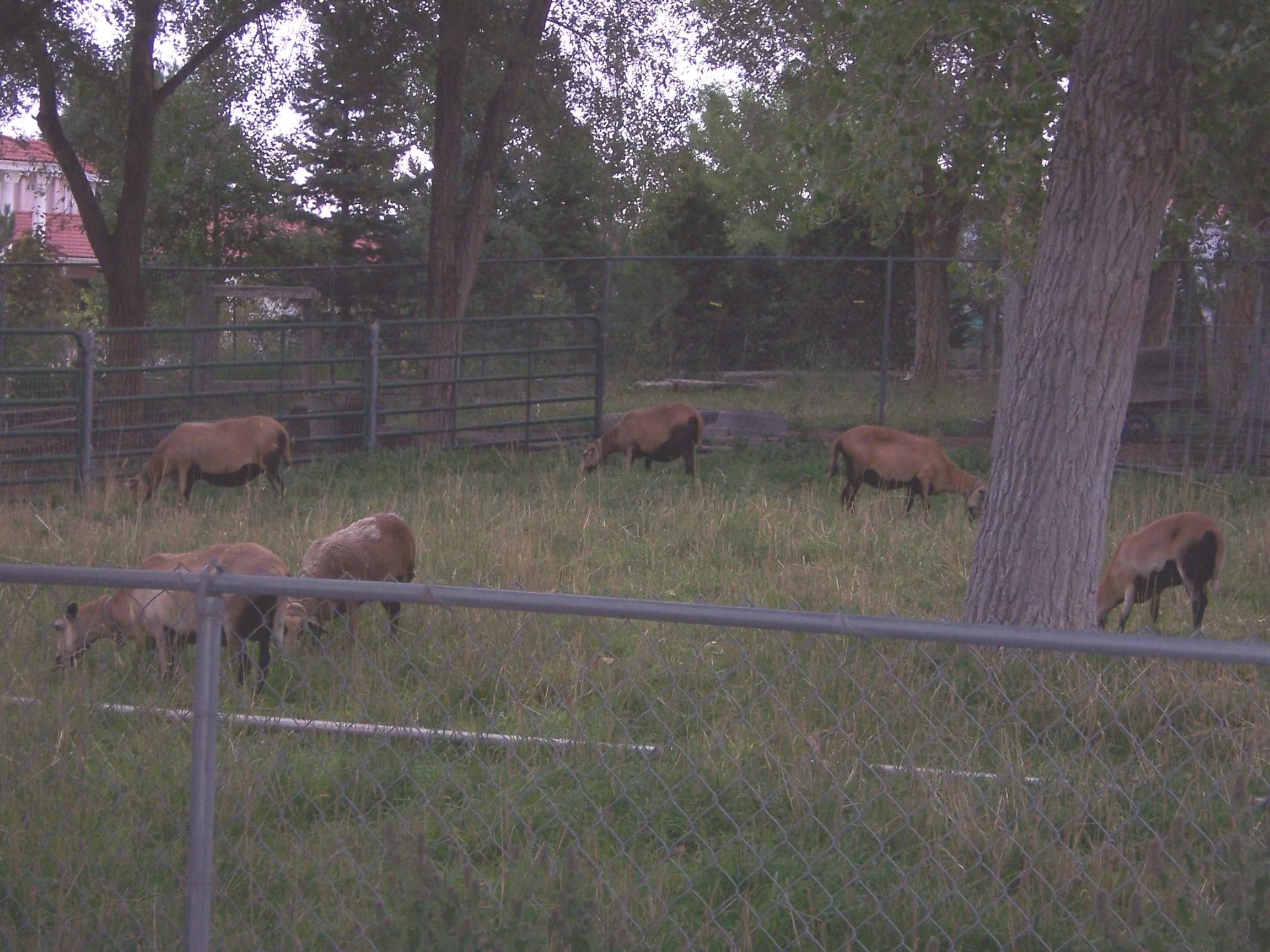Every once in awhile something happens and you know that life won’t be the same from that point on. Two weeks ago I received a letter from my well owner association informing me that I would not be allowed to pump any well water during the 2013-2014 irrigation year. So probably by May 1, my farm and its pastures will begin to die. The July 100+ degree heat will burn everything to a crisp, and my farm will be toast.
Let me explain, especially to those of you living in areas where rainfall and/or snow is plentiful. The southeastern corner of Colorado, where I live, is very arid. Our average annual precipitation (rain + snow) is 15 in. Last year (2012) we had 5 in. We are therefore in a horrible drought. I live in a area that has a river running through it, and rivers usually create farming communities along their banks because the water is close by and economical to divert to the fields for irrigation. So even though Pueblo is arid, our river allowed us to develop into a strong farming community.
The source of Pueblo’s water is the Arkansas River. It begins its journey in the nearby Collegiate mountain range and travels east to Kansas. Along its journey, some farmers pull out water via big, long ditches to irrigate their fields. Other farmers pump water from their wells, which tap into the underground reservoirs of water that feed the river. The plants use the water to grow. The net result is that people downstream get less water.

Kansas and Colorado have been fighting over water in the Arkansas River since 1902. Kansas sued Colorado on the grounds that Colorado farmers had taken more than their fair share of water over the years and deprived Kansas farmers. Kansas won, and Colorado farmers had to stop using so much water and also pay back the water that they shorted Kansas on. That’s it in a nutshell.
Well owners along the Arkansas in Colorado were forced to join a well association, which was empowered to determine how much water a farmer could pump from his well every year, and to pay for every gallon of water pumped from his own well. The well associations must find sources of water that they can buy or lease to replace all of the water used by the farmers’ wells. They divert that water back to the river. That keeps Kansas happy.
In “good” years of normal rain and snowfall, everything goes along all right. But in bad years, like last year and this year, the well associations can’t find replacement water because there isn’t enough to go around. So this year, my well association essentially put a plug on my well.
Why is this important? I’ve worked hard for 10 years to get my pastures planted and the weeds under control. My sheep graze the pastures from April until the end of October when they go dormant. Without irrigation water, the grass in the pastures will die. Watching it die will be heartbreaking. If we get out of the drought in a year or so, I’m not sure if I’ll have the physical or financial resources to replant the grass. So this is probably one of those events that has life-changing consequences for me.
When I’m sucking thumb over how awful it will be to lose my pasture and to dry-lot my sheep on very expensive baled hay, I remind myself that I don’t depend on my pastures for my income. The fields around me are owned by farmers who DO depend on their land for income. Those farmers will probably be wiped out. This will have a huge impact on Pueblo’s economy because we are generally an agricultural community.

